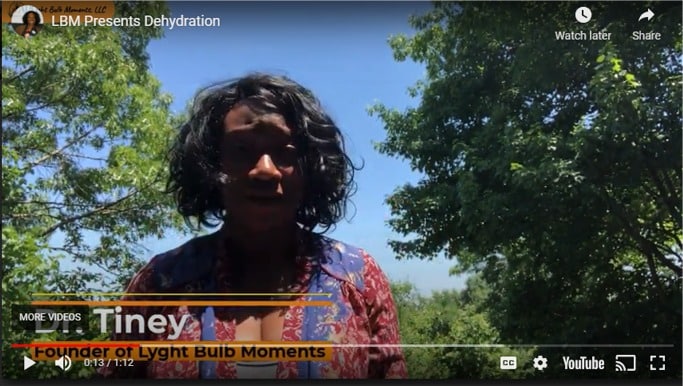by Dr. Tiney Ray
Share

One typically doesn’t associated grief with someone who’s still living, and caregivers of Persons Living With Dementia my find themselves surprised at how they experience sudden feelings of grief.
It’s a common occurrence. Because even though you may not have physically lost a loved one or a patient, you do see the loss of who that person used to be before dementia. That’s a significant human loss.
And in some ways, it can be more devastating than a death, because even though you’re being a caregiver, you feel helpless as the personality of the PLWD slips away.
So if you find yourself experiencing feelings of grief, understand that it’s perfectly normal. And that you can do something about them.
- Face up to your grief. Realize that it’s OK to have these feelings. Think about the things that will help you cope with them.
- Realize that you will experience feelings of grief more than once. Psychologists have identified five stages of grief: Denial, Anger, Bargaining, Sadness, and Acceptance. These don’t always occur in order, so if you find yourself in the midst of being upset without a clear reason, or thinking that the PLWD isn’t going through the disease, realize that it could be attributed to the grieving process.
- Don’t go through it alone. Talk to others—friends, family, or support groups, for example. In the counseling I do for families and professionals, we encourage dialogue so that feelings don’t get bottled up, and so others can tell you how they managed their feelings.
- Realize that some people may not understand. That’s OK; these people may not have direct experience with dementia, and don’t realize the emotional impact. Don’t second guess yourself—concentrate on the things that allow you to manage and still provide care for your PLWD. And yourself.
Like many aspects of dementia care, you will find yourself from time to time in uncharted territory with your own feelings. Realize that’s, for better or worse, part of the process. When you do, managing gets easier.
STAY IN THE LOOP
Subscribe to our free newsletter.
Related Posts
For those who care for Persons Living With Dementia (PLWDs), you’ve seen how quickly things can get out of hand, as the person in your care faces an obstacle and becomes upset and frustrated. This is common, and it’s a challenge for the care partner—because often, an escalation with the PLWD leads to an escalation […]
Think about what happens when you have too much going on at one time. The TV’s blaring. Kids are asking permission to do things you’d rather they didn’t. The phone’s ringing and you’re getting a text. And you only have another 30 minutes to get dinner ready. Pretty overwhelming, isn’t it? Now think about doing […]






